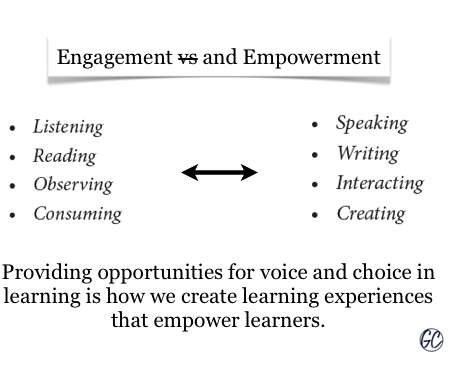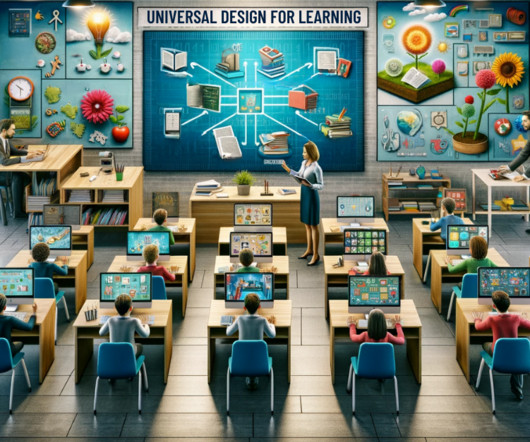4 Ideas for Student-Led Learning During Emergency Remote Teaching
The Principal of Change
APRIL 8, 2020
Catlin Tucker reaffirms this idea in this incredible post discussing “5 Tips for Teaching Online”: #4 Prioritize Student Communication & Collaboration. Learning remotely can be an isolating experience for students who are used to seeing their classmates every day. Student-Led Personal Development.















Let's personalize your content